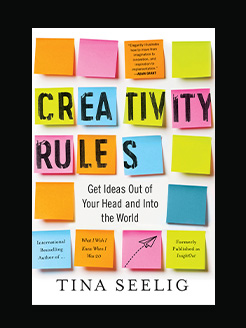Published in 2020
312 pages
Deborah Stone is an acclaimed scholar who has taught at Brandeis, MIT, and universities around the world. Her award-winning book Policy Paradox has captivated readers through three decades, four editions, and six translations―but who’s counting? She lives in Brookline, Massachusetts.
What is this book about?
What do people do when they count? What do numbers really mean? We all know that people can lie with statistics, but in this groundbreaking work, eminent political scientist Deborah Stone uncovers a much deeper problem. With help from Dr. Seuss and Cookie Monster, she explains why numbers can’t be objective: in order to count, one must first decide what counts. Every number is the ending to a story built on cultural assumptions, social conventions, and personal judgments.
And yet, in this age of big data and metric mania, numbers shape almost every facet of our lives: whether we get hired, fired, or promoted; whether we get into college or out of prison; how our opinions are gathered and portrayed to politicians; or how government designs health and safety regulations. In warm and playful prose, Counting explores what happens when we measure nebulous notions like merit, race, poverty, pain, or productivity.
When so much rides on numbers, they can become instruments of social welfare, justice, and democracy—or not. The citizens of Flint, Michigan, for instance, used numbers to prove how their household water got contaminated and to force their government to take remedial action. In stark contrast, the Founding Fathers finessed an intractable conflict by counting each slave as three-fifths of a person in the national census. They set a terrible precedent for today’s politicians who claim to solve moral and political dilemmas with arithmetic.
Suffused with moral reflection and ending with a powerful epilogue on COVID-19’s dizzying statistics, Counting will forever change our relationship with numbers.







